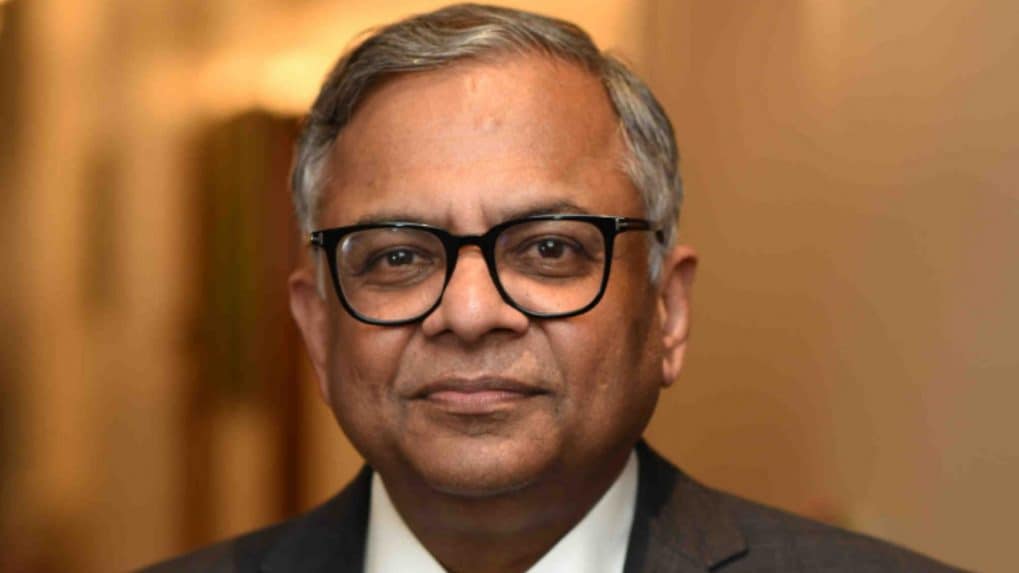Advertising
Co-lead or crown? Tussle for Omnicom–IPG leadership race in India heats up

Tata Trusts has approved a third term for Tata Sons chairman N. Chandrasekaran, according to a report in The Economic Times, setting aside the conglomerate’s customary retirement policy in an effort to preserve leadership stability.
Chandrasekaran, who will turn 65 in February 2027, would ordinarily have been required to step down under rules that cap executive tenures at that age. Instead, the Trusts — which hold a 66 percent stake in Tata Sons — voted unanimously on Sept. 11 to extend his mandate, the report said. The resolution, proposed by board members Noel Tata and Venu Srinivasan, is expected to be formalized by Tata Sons in February 2026, as per reports.
The decision marks a rare departure from internal precedent. Tata Group policy allows executives to serve as non-executive directors until age 70, but active leadership roles have historically ended at 65. Even Noel Tata stepped back from executive duties upon reaching the threshold, retaining only his board positions.
The extension highlights the high stakes of Tata Group’s current agenda. Under Chandrasekaran, revenues have nearly doubled and profits have tripled, reaching ₹15.34 trillion and ₹1.13 trillion respectively in the 2025 fiscal year. The conglomerate is now pursuing capital-intensive bets in semiconductors, electric-vehicle batteries and the turnaround of Air India — ventures that insiders say demand steady stewardship.
The move also comes as Tata Sons considers its long-term ownership structure. A July board resolution affirming its status as a private company is reportedly under review, and Chandrasekaran is seen as a unifying figure in what could become an ideologically charged debate.
Not all metrics have trended upward. Shares of Tata Consultancy Services, the group’s flagship software unit and largest profit contributor, have fallen 30 percent over the past year, erasing nearly ₹6.9 trillion in market value. Still, the Trusts appear to be betting that continuity at the top outweighs shorter-term market volatility.
According to LinkedIn’s research with over 1,700 B2B tech buyers, video storytelling has emerged as the most trusted, engaging, and effective format for B2B marketers. But what’s driving this shift towards video in B2B? (Image Source: Unsplash)
Read MoreDiscover Arattai, Zoho’s made-in-India messaging app. Features, privacy, user growth, and how it compares to WhatsApp in 2025.